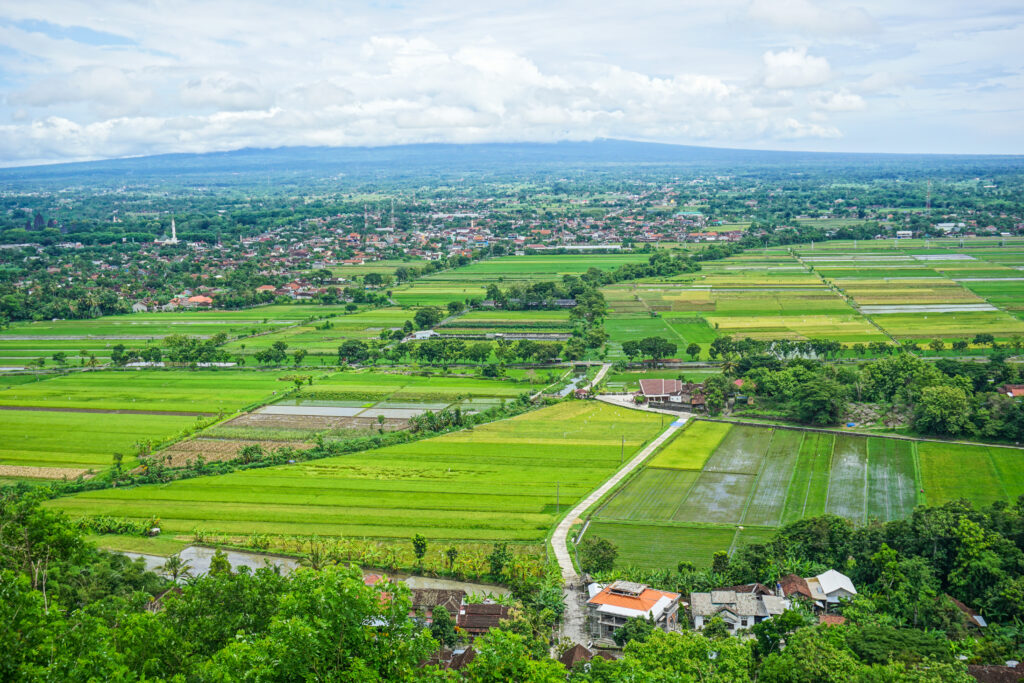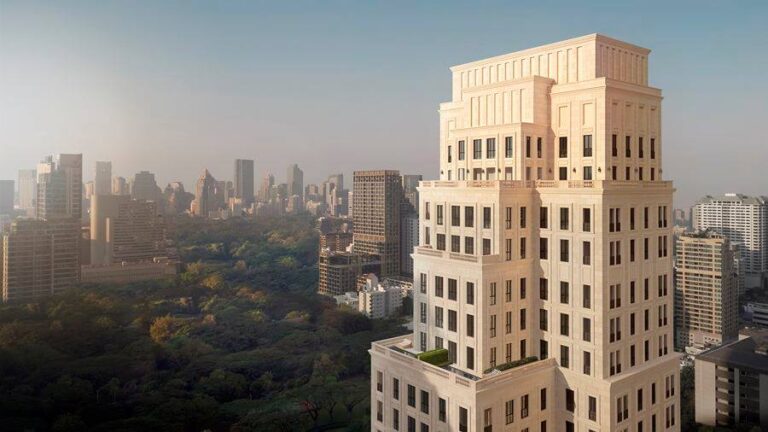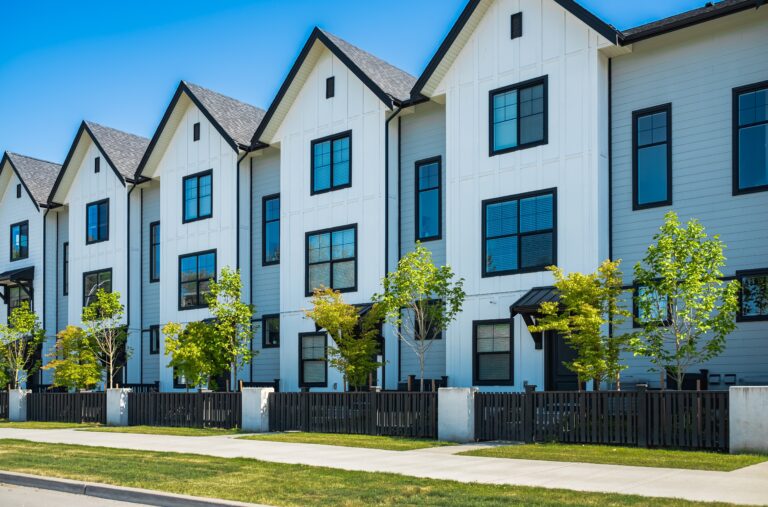
How Current Political Trends May Impact Property Investment – And What You Should Do Now
As Thailand enters the second half of 2025, investors are keeping a close watch on the political climate and how it might affect the property market. While the broader economic fundamentals remain relatively strong, political uncertainties could influence short-term confidence and buyer behavior.
Let’s explore what to expect and how to position your real estate strategy accordingly.
🔍 Short-Term Political Climate: Uncertainty but Manageable
Recent developments within the governing coalition have raised concerns about policy stability and leadership confidence. Meanwhile, delays in large-scale economic stimulus programs have triggered public and investor caution. Combined with ongoing geopolitical tensions in the region, the political atmosphere is watchful and reactive.
Though no immediate structural breakdown is anticipated, short-term political noise may lead to:
Temporary dips in consumer confidence
Cautious behavior among banks and developers
Delayed decision-making by both domestic and international buyers
🏠 Impact on Thailand’s Real Estate Market (H2 2025)
1. Slower Transaction Volume in Some Segments
Buyers in the middle-income and first-home segments may delay purchases pending policy clarity. Developers could adjust launch schedules accordingly.
2. Foreign Investor Hesitation
While international interest in Thai real estate remains strong—especially in resort and urban luxury sectors—uncertainty may prompt some foreign buyers to adopt a wait-and-see approach until political signals stabilize.
3. Mortgage & Financing Still Favorable
Thailand’s real estate remains supported by attractive financing conditions, including:
100% loan-to-value (LTV) availability
Reduced transfer and mortgage fees
Soft loan programs and incentives for homebuyers
These government-backed measures remain active and offer real opportunities for well-prepared investors.
📌 Where to Focus Your Investment Strategy
Despite the political backdrop, real estate fundamentals in key zones remain compelling.
| Area | Investment Advantage |
|---|---|
| Bangkok CBD & Transit Zones | Long-term capital gains, premium rental markets |
| Phuket, Pattaya, Chiang Mai | Resilient tourism demand, strong short-term rental yields |
| Eastern Economic Corridor (EEC) | Infrastructure-driven growth, industrial property potential |
Additionally, niche sectors such as healthcare real estate, logistics, and digital infrastructure properties are seeing steady investor interest, given their lower sensitivity to political cycles.
✅ What Should Property Investors Do Now?
1. Stay Informed, Not Fearful
Political cycles are temporary. History shows that Thailand’s property market has weathered similar periods and continued to deliver long-term value.
2. Lock in Incentives Early
Take advantage of favorable loan conditions and reduced fees while they last—policy shifts may alter these advantages later in the year.
3. Prioritize Prime, Resilient Assets
Focus on well-located, high-demand properties that retain value through market fluctuations. Quality, not speculation, is key.
4. Diversify Where Possible
Consider diversifying across regions and asset types—balancing city condos, resort villas, and income-generating properties.
5. Partner with Local Experts
Work with experienced agents and consultants who understand both the political landscape and the property sector. Their insights can help you move with clarity, not hesitation.
📞 Planning Your Next Property Move?
At LuxuryPrimeLiving.com, we help our clients invest wisely and confidently—even in uncertain times. Whether you’re buying a home, securing a rental investment, or expanding your portfolio, we’re here to support your goals with expert advice and premium listings.
👉 Talk to a Property Consultant Now



